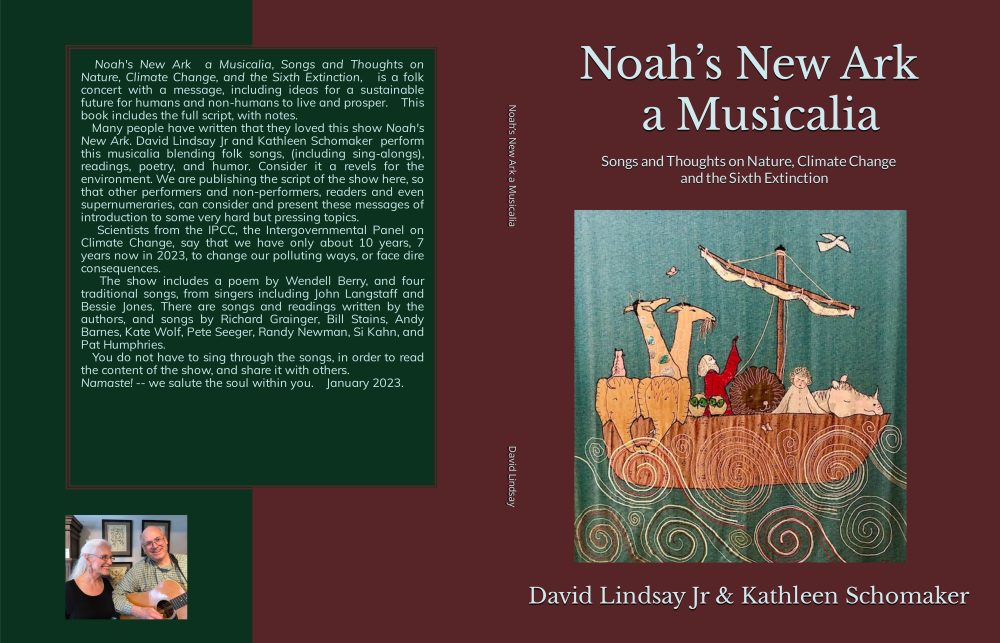Will voters in Washington State breathe new life into the idea of taxing carbon emissions? Plenty of people worried about the earth’s future certainly hope so.
Climate scientists and economists have long argued that the single best way to slow global warming is to put a price on greenhouse gas emissions from fossil fuels and raise that price over time, thus creating a sensible market incentive to reduce emissions and invest in cleaner energy sources. Carbon pricing was also high on the list of urgent recommendations of the United Nations Intergovernmental Panel on Climate Change, which warned in a major report this month that without swift action to control emissions the world will begin suffering global warming’s worst consequences — including, but not limited to, the displacement of millions of people by drought and sea-level rise — as early as 2040, much sooner than previously forecast.
It is thus encouraging that in this time of torpor and climate denial at the highest levels of the federal government, voters in the state of Washington will soon be given the chance to adopt, by initiative, a carbon pricing plan that would charge polluters like refineries a fee for emitting greenhouse gases. This would be what economists call a Pigovian tax, after the British economist Arthur Pigou. In this case, the fee would factor in the now unaccounted for costs of more frequent and intense hurricanes, wildfires, droughts and other natural disasters linked to climate change. In the words of George Frampton, a senior environmental adviser to Bill Clinton and co-founder of a group that favors carbon taxes, Partnership for Responsible Growth, it’s an overdue stab at “honestly pricing carbon,” which industry has until now been able to hurl into the atmosphere pretty much for free.
Polling so far suggests a close vote. Opponents of the measure, including such big oil companies as BP and Chevron, have raised more than $25 million to get people to vote no; in addition, Washington voters soundly defeated a carbon tax the last time it appeared on the ballot, in 2016. But other powerful forces, including Bill Gates and Michael Bloomberg, the former New York mayor, have ponied up in support this time.
ADVERTISEMENT
[The Opinion section is now on Instagram. Follow us at @nytopinion.]
If the proposal, Initiative 1631, wins — as we hope it does — the result could ripple beyond Washington’s boundaries. No state can match California’s impressively broad suite of clean-energy programs, but the initiative, if successful, could catapult Jay Inslee, Washington’s governor, into the climate leadership role long occupied by the outgoing California governor, Jerry Brown. More important, it could provide a template, or at least valuable lessons, for other states to follow; and (let’s dream for a moment) it might even encourage Congress to take action on a national program.
Initiative 1631 is substantially different from the measure that failed spectacularly two years ago, and which Mr. Inslee voted against. That measure was advertised as revenue-neutral (meaning no net gain to the government). The money raised through carbon taxes would have been mostly returned to state residents through a reduction in the sales tax. This was intended to appeal to conservatives who didn’t want the tax to underwrite new government programs, but it turned out that many conservatives, like a lot of others, wanted real programs for their money, not just a tax shift.


